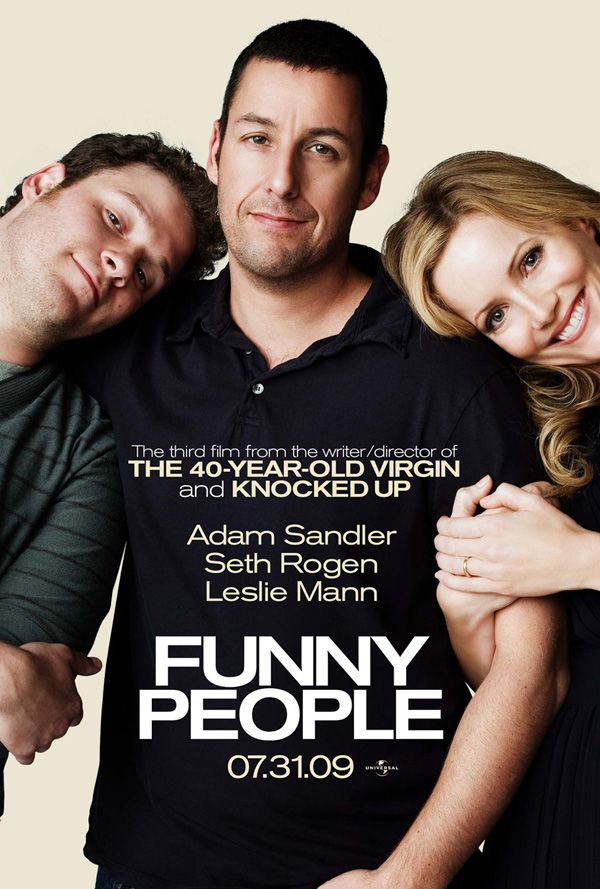
Kramer Vs. Kramer is a 1979 courtroom drama starring Dustin Hoffman and Meryl Streep. Hot shot advertising executive Ted Kramer (Hoffman) comes home to find his wife (Streep) walking out on him and their six-year old son. Juggling the high demands of a career and raising a child, things get worse when Kramer not only loses his job, but Streep comes back in the picture to battle for custody.
The film earns high merits for it’s realistic portrayal of the subject matter. It’s like watching a slice out of someone’s real life. The actors mumble over their words much like real people do during times of high emotion and confusion. With so many feelings involved, the characters never go melodramatic (Hoffman & Streep are such good actors, their seemingly incapable of this). More than the acting, most impressive is the script. Both sides (maternal & fraternal) are competently presented. They both make good points for themselves and against the other. Also real world occurrences heavily influence the decision-making. For example, when Hoffman is fired, he works tirelessly to find another job quick or he knows his case is kaput.
Divorces are a complicated ordeal, but custody battles are so much worse. While trying to do what’s best for the child, many questions are raised. Whose most equipped to deal, is that more important than the child’s emotional welfare of being stripped away from another parent, and how far is one willing to go to prove their former spouse is unfit? Much like in real life, unless the mother is found extremely risky, she is usually given custody. But a great argument is presented against this predisposition when Hoffman challenges the ideal that a single father can’t be a better parent that a single mother. Debuting during the radical 70’s when ideas on motherhood and fatherhood were changing, Kramer vs. Kramer makes us look at the way custody is decided even up to this day.
THE BLACK PERSPECTIVE:
Singleparents.com reports that 63% of African-American households are headed by single parents. So while Kramer vs. Kramer depicts a very “color-less” universe in terms of race (often old movies do), the subject matter relates to all races, especially blacks. In the film, Hoffman struggles balancing his career and his child, something known to many women in the African-American community. The difference is that while Hoffman has a steady financial income and once had a helpful spouse, often times black single mothers come from low income, rarely have spousal support, and become parents very young. Many black films show struggling single parents: Akeelah and The Bee, Ray, Boyz in The Hood, Baby Boy, Clockers, but they usually show the battle of child support, not custody, and the repercussions of depriving the child of a father-figure. Lately there have been films dealing with single-parent fathers (The Pursuit of Happiness, TV Show Kevin Hill, and most Tyler Perry works). In these cases they seem to be a central theme showing the important role of the father. When a black women is presented as a single mother, it is at most times a simple detail.
Kramer vs. Kramer won five Oscar for Best Picture, Best Screenplay, Best Directing, and Acting for Hoffman and Streep, as well as nominated for nine overall. A Best Supporting Actor nomination for Justin Henry, made him the youngest nominee ever at the age of eight.
Rating:
 = 5 Stars
= 5 Stars = 0 Black Fists
= 0 Black Fists













.jpg)
No comments:
Post a Comment